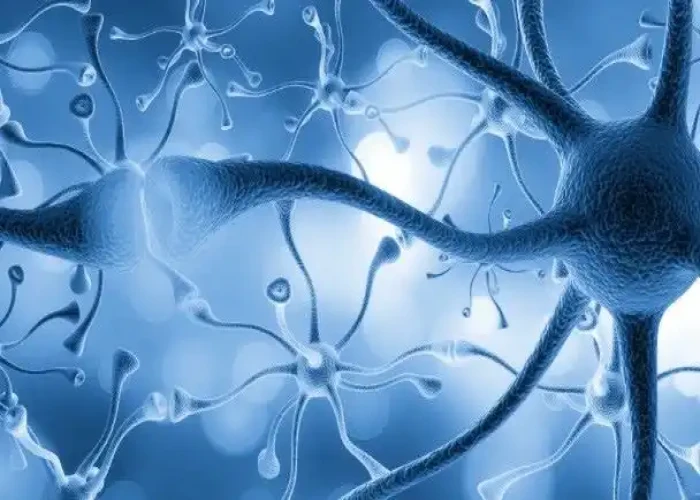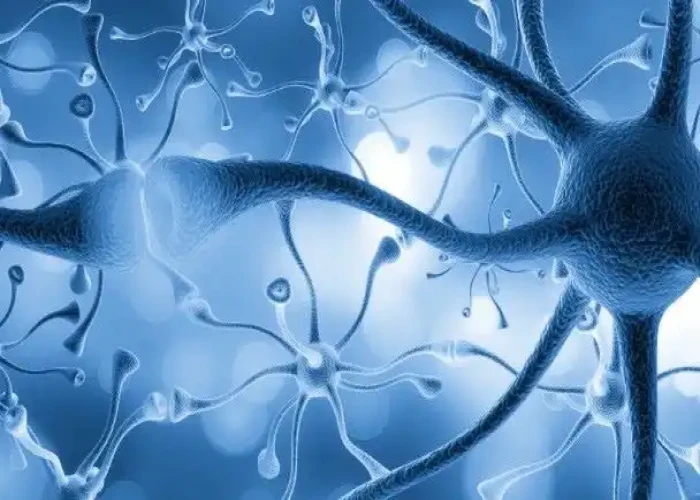 Welcome
Welcome
“May all be happy, may all be healed, may all be at peace and may no one ever suffer."
Vasovagal syncope

Vasovagal syncope, also known as neurocardiogenic syncope, is a common cause of fainting. It occurs when the body overreacts to certain triggers, such as the sight of blood or needles, strong emotions, or prolonged standing, resulting in a sudden drop in heart rate and blood pressure.
Vasovagal syncope can cause a range of symptoms, including lightheadedness, nausea, sweating, blurred vision, and loss of consciousness. The symptoms usually resolve quickly once the person lies down or sits with their head between their knees.
The diagnosis of vasovagal syncope is usually based on the person's medical history and a physical examination. In some cases, additional tests such as an electrocardiogram (ECG) or tilt table test may be necessary to confirm the diagnosis.
Treatment for vasovagal syncope typically involves identifying and avoiding triggers, such as hot environments, prolonged standing, or emotional stress. In some cases, medications may be prescribed to help control symptoms.
In most cases, vasovagal syncope is not a serious condition, and people with this condition can lead normal lives with appropriate management. However, if fainting occurs frequently or without an obvious trigger, it is important to consult with a healthcare professional to rule out any underlying medical conditions.
Research Papers
Disease Signs and Symptoms
- Pale skin color (pallor)
- Dizziness, lightheadedness or faintness
- Nausea or vomiting
- Blurred vision of eye
- Weak pulse
Disease Causes
Vasovagal syncope
Vasovagal syncope occurs when the part of your nervous system that regulates heart rate and blood pressure malfunctions in response to a trigger, such as the sight of blood.
Your heart rate slows, and the blood vessels in your legs widen (dilate). This allows blood to pool in your legs, which lowers your blood pressure. Combined, the drop in blood pressure and slowed heart rate quickly reduce blood flow to your brain, and you faint.
Sometimes there is no classical vasovagal syncope trigger, but common triggers include:
- Standing for long periods of time
- Heat exposure
- Seeing blood
- Having blood drawn
- Fear of bodily injury
- Straining, such as to have a bowel movement
Disease Prevents
Vasovagal syncope
You may not always be able to avoid a vasovagal syncope episode. If you feel like you might faint, lie down and lift your legs. This allows gravity to keep blood flowing to your brain. If you can't lie down, sit down and put your head between your knees until you feel better.
Disease Treatments
In most cases of vasovagal syncope, treatment is unnecessary. Your doctor may help you identify your fainting triggers and discuss ways you might avoid them.
However, if you experience vasovagal syncope often enough to interfere with your quality of life, your doctor may suggest trying one or more of the following remedies:
- Medications. A drug called fludrocortisone acetate that's normally used to treat low blood pressure may be helpful in preventing vasovagal syncope. Selective serotonin reuptake inhibitors also may be used.
- Therapies. Your doctor may recommend ways to decrease the pooling of blood in your legs. These may include foot exercises, wearing compression stockings or tensing your leg muscles when standing. You may need to increase salt in your diet if you don't usually have high blood pressure. Avoid prolonged standing — especially in hot, crowded places — and drink plenty of fluids.
- Surgery. Very rarely, inserting an electrical pacemaker to regulate the heartbeat may help some people with vasovagal syncope who haven't been helped by other treatments.
Disease Diagnoses
Disease Allopathic Generics
Disease Ayurvedic Generics
Disease Homeopathic Generics
Disease yoga
Vasovagal syncope and Learn More about Diseases

Post-vasectomy pain syndrome

Migraine

Toxoplasmosis

Nicotine dependence

Pet allergy

Sprained ankle

Cancer

Bags under eyes
vasovagal syncope, ভাসোভাগাল সিনকোপ
To be happy, beautiful, healthy, wealthy, hale and long-lived stay with DM3S.
